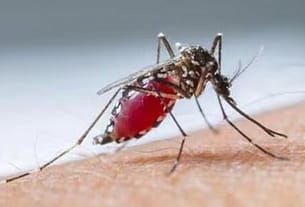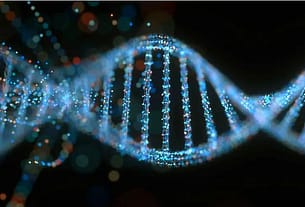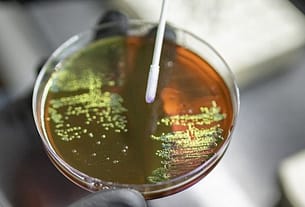The World Health Organization (WHO) calls on world leaders to increase political commitment and action to invest in the “One Health” approach to prevent and tackle common threats affecting the health and well-being of humans, animals, plants and environment together.
Today, WHO is joining community organizations observing the eighth annual “One Health Day” campaign to attract global attention to the importance of the One Health approach. One Health relies on understanding how human actions and policies could affect animal and environment health. The One Health Day provides everyone with an opportunity to educate themselves on the connections between the health of humans, animals, plants and the environment.
One Health is a proven approach to policy-making and cross-sector collaboration to prevent zoonotic and vector-borne diseases from emerging and re-emerging, ensuring food safety and maintaining sustainable food production; reducing antimicrobial-resistant infections; and addressing environmental issues to collectively improve human, animal and environmental health, among many other areas. It creates opportunities to mobilize the whole of society so that veterinarians, doctors, epidemiologists, public health practitioners, wildlife experts, community leaders, and people from different sectors can work together without silos to tackle major health threats.
In addition to saving lives and promoting well-being, One Health actions offer huge economic benefits. The Food and Agriculture Organization of the United Nations (FAO) and the World Bank estimate that One Health efforts could bring at least US$ 37 billion per year back to the global community. And investing in One Health requires less than 10% of this amount. For example, a One Health approach to prevention by reducing deforestation would generate ancillary benefits of US$ 4.3 billion from reduced carbon dioxide emissions.
“A One Health approach makes public health sense, economic sense and common sense,” said Dr Tedros Adhanom Ghebreyesus, WHO Director-General. “It’s obvious that we can only protect and promote the health of humans by protecting and promoting the health of animals, and the planet on which all life depends. We welcome the increasing political consensus on One Health globally, and we are committed to supporting countries to translate the One Health concept into action that makes a difference.”
Health impacts of climate crisis, water contamination, food safety and increasing disease outbreaks are among some of the greatest challenges humanity and the planet are facing today. For example, air pollution leads to 7 million human deaths with US$ 3 trillion losses every year. Antimicrobial resistance-related issues lead to 5 million human deaths every year, with an expected economic loss of up to US$ 100 trillion by 2050. The estimated scale of human deaths from COVID-19, a recent emerging disease, was 6 million by 2022, with more than US$ 3.5 trillion economic loss.





